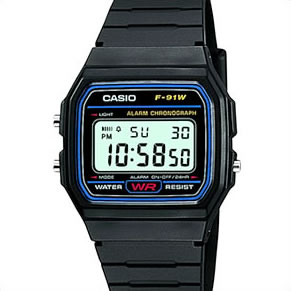“In the Blogosphere” is a series, which lists links to writing-related blogs I’ve stumbled upon throughout a given week (usually).
I’m making one of my resolutions to be better with these blogosphere posts. *Well, I’m trying, but I’ve been reallllllly busy!* I’ve saved a lot of great stuff, though, and it’s all definitely worth a read.
Here on Pub Rants, Kristen Nelson of Nelson Literary Agency shows you four easy steps for a “killer” opening—or, four things that will KILL your opening.
Does writing in the young adult genre appeal to you? Or, are you already doing it but are unsure if you’re doing it well? Mary Kole of Andrea Brown Lit pimps Regina L. Brooks’s book, Writing Great Books for Young Adults.
LET’S GET TECHNICAL
 I’ve done a “Straight Dope” post on this, but don’t take it from me—take it from the Grammar Girl herself: Mignon Fogarty talks the capitalization of proper nouns.
I’ve done a “Straight Dope” post on this, but don’t take it from me—take it from the Grammar Girl herself: Mignon Fogarty talks the capitalization of proper nouns.
Here, YA Highway’s Amanda Hannah helps you strengthen those sentences, simile-and-metaphor style.
Feeling tense? Claire King is feeling first person present tense—and she makes a case for when and where (and why) it’s appropriate.
After checking out what Kristen Nelson says NOT to do in your beginning chapters, New York Times bestselling author (Across the Universe) Beth Revis spills on what TO do in order to hook readers in your first chapter in this post on the League of Extraordinary Writers.
Here, Gabriela Pereira of DIY MFA gives some concrete tips and exercises to create concrete characters.
Are you a Type A writer? In this post, author Jody Hedlund suggests that, if you devise and stick to a writing plan, you’re likely to be a more successful writer.
End-of-winter sluggishness contributing to your writer’s block? Here, horror writer of awesome Zoe C. Courtman offers tips on how to sweat through the blockage!
 ORGANIZATION TIPS & NO EXCUSES!
ORGANIZATION TIPS & NO EXCUSES!
And while we’re on the subject of writing regularly and successfully, organization is key to clearing out distractions. Incarnate author and ferret aficionado Jodi Meadows agrees in this post, where she shares her secret for keeping her inbox organized.
Where is all the time for writing? It’s hard to come by, says D4EO agent Mandy Hubbard, but that’s no excuse. She says you must find the time—and she does it with Debbie Ridpath Ohi cartoons!
—
I’m looking forward to seeing some writer friends at SCBWI this weekend—can’t wait to tell you all about it!
How about you? Anything fun this weekend?



















































